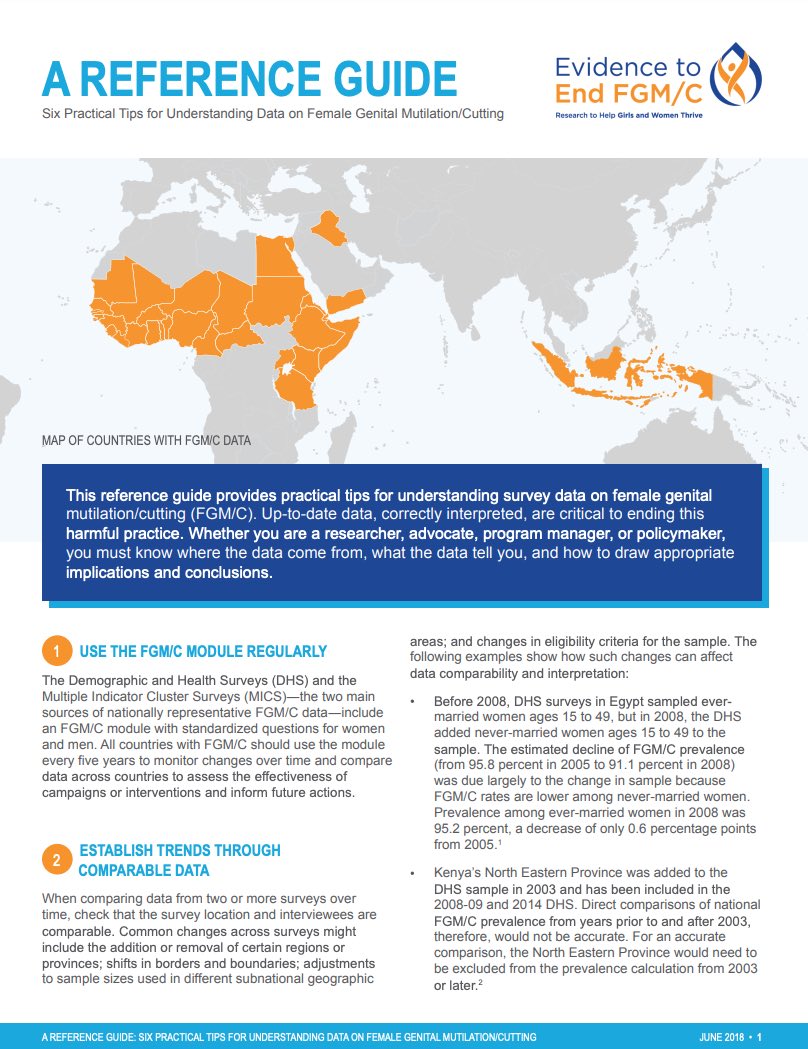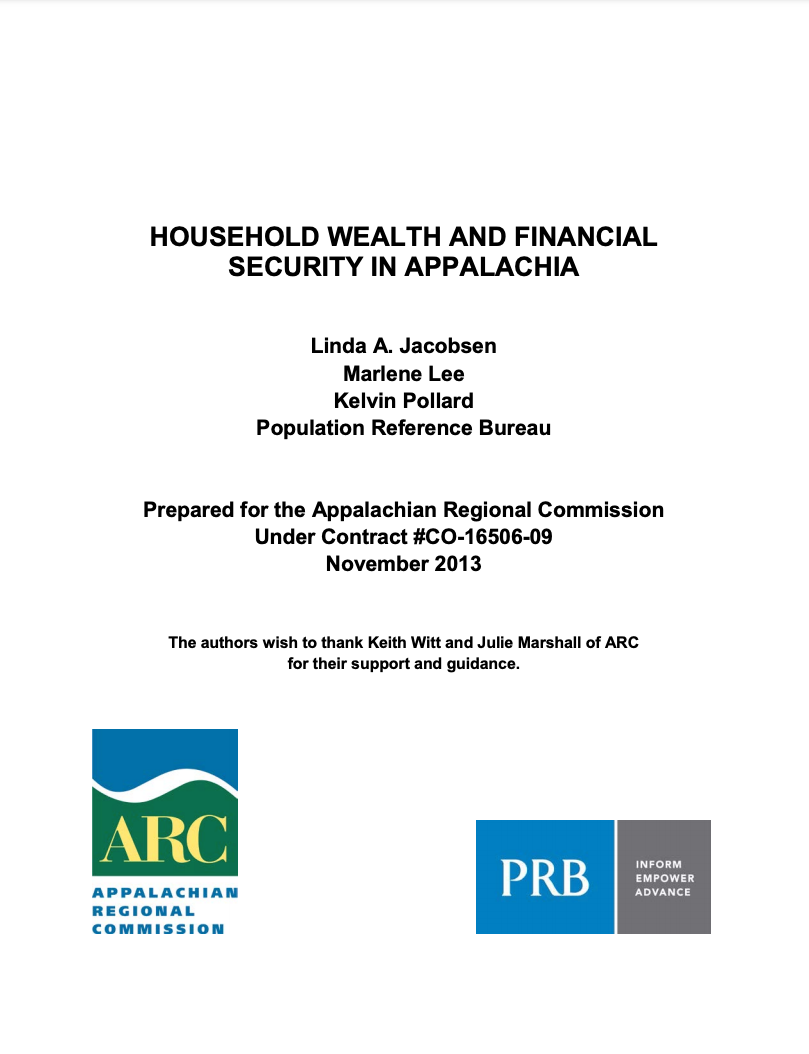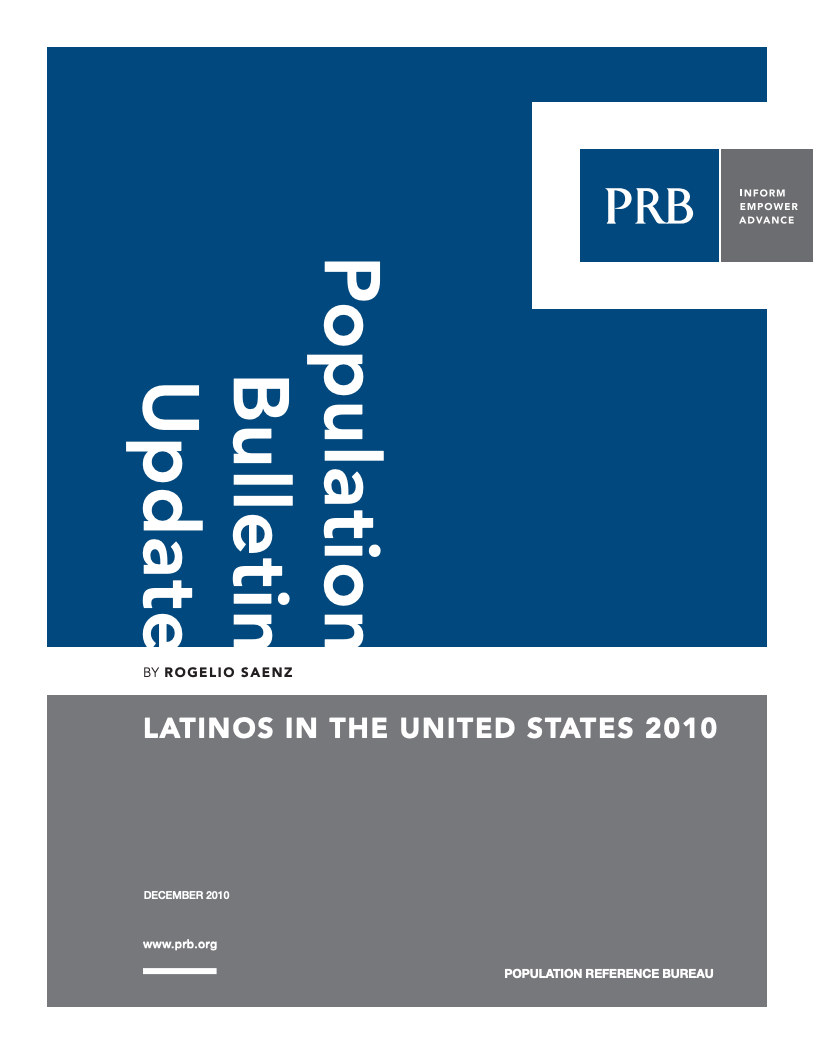Project: Research Technical Assistance Center (RTAC)
Early Diagnostic Test Promises to Improve Treatment and Control of Cutaneous Leishmaniasis
This presentation outlines the health and development implications of cutaneous leishmaniasis (CL), along with the challenges related to diagnosing and treating this neglected tropical disease.






